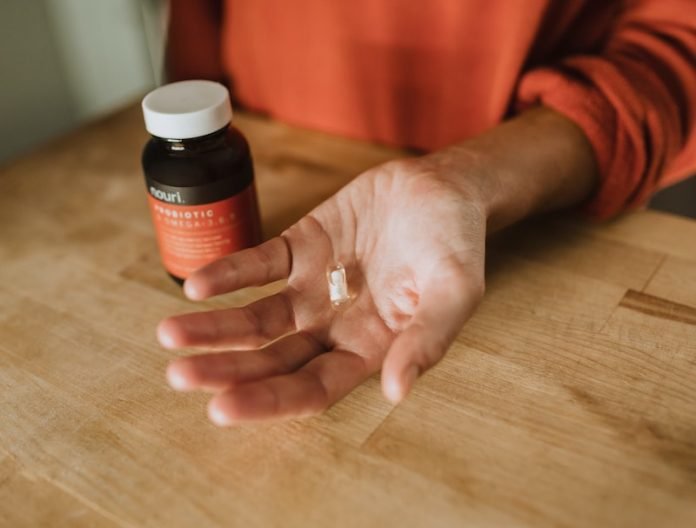
In a new study, researchers found that administering zinc supplements to COVID-19 patients with low levels of this element may be a strategy to reduce mortality and recovery time.
At the same time, it could help to prevent risk groups, like the elderly, from suffering the worst effects of the disease.
The research was conducted by a team from Hospital del Mar and elsewhere.
Zinc is an essential element for maintaining a variety of biological processes and altering its levels causes increased susceptibility to infections and increased inflammatory response.
In the study, the team analyzed the zinc levels of 249 adult patients treated at the center between 9 March and 1 April 2020, with an average age of 65 years.
The most common symptoms presented at the time of admission were fever, cough and dyspnea.
In all cases, they analyzed their blood zinc levels, considering those under 50 μ/dl as being low.
The team found 1 in 4 patients had low levels of zinc.
This group had more severe symptoms and higher levels of inflammation as measured by two markers, C-reactive protein (CRP) and interleukin 6 (IL-6), which mediate the inflammatory response.
On average, their length of hospital stay was three times longer than patients with higher levels of zinc (25 days compared to 8).
Regarding mortality, zinc levels were much higher in patients who survived the infection, 62 μ/dl, versus 49 μ/dl for those who died.
Moreover, 1 in 5 patients with low zinc levels died. Conversely, the mortality rate of those presenting higher levels upon admission was 5%.
The study reveals that a one-unit increase of zinc in blood plasma is directly linked to a 7% reduction of the risk of dying from COVID-19.
The findings suggest zinc levels in patients’ blood as an additional predictor of outcome in COVID-19, as well as its potential as a therapeutic tool for treatment.
One author of the study is Dr. Robert Güerri.
The study is published in Nutrients.
Copyright © 2021 Knowridge Science Report. All rights reserved.



